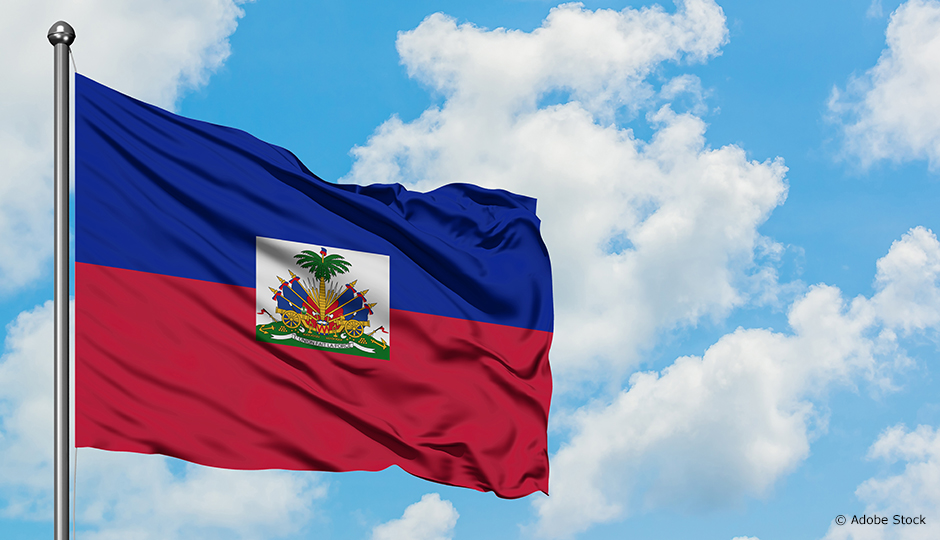
The devastating earthquake that struck Haiti in January 2010 drove many Haitians to leave their island home. What has been the integration experience of those who chose to emigrate to Québec?
From 2015 to 2017, Patrick Cloos, a researcher at Université de Montréal, conducted interviews with 23 Haitians (12 women and 11 men) between the ages of 21 and 76 who arrived in Québec after 2010. The results obtained highlight the diversity of the immigration paths that led them here.
Most of these newcomers benefitted from the special humanitarian sponsorship program put in place by the Québec government in the aftermath of the earthquake. The existence of a family, church or community network played a crucial role in their integration.
The relationship of these immigrants to Haiti varies from person to person, but remains complex.
Three respondents went through South America and the United States before arriving in Québec. For them, obtaining permanent migrant status has been more of a challenge. And without permanent status, it is difficult to access stable employment, housing or education.
Other factors must also be taken into account. Older people, especially women, have difficulty finding employment, especially when they speak only Creole. Younger people have more opportunities for education or work. Some also indicated that racism affects their daily lives and limits their career opportunities.
The relationship of these immigrants to Haiti varies from person to person, but remains complex. For some, the sense of security offered by Québec is mixed with homesickness, separation from those who remained there, and the psychological aftermath of the destruction and deaths caused by the earthquake.
A better understanding of the diverse situations of immigrants will enable the authorities to adapt their reception and integration policies.
